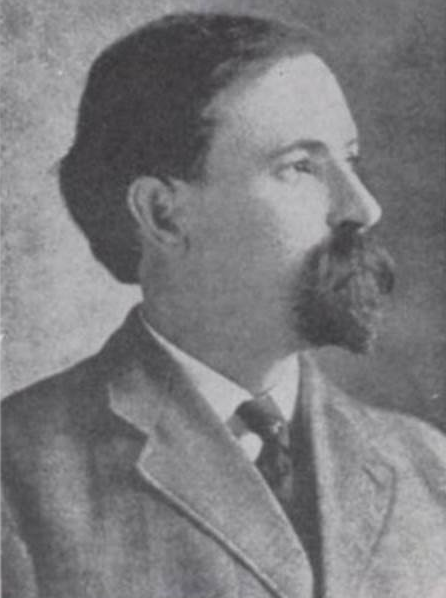
By Elise Crosley | Reporter
Hundreds of Baylor students leave the United States every year to participate in a study abroad trips through BearsAbroad. However, this is not a new tradition. Baylor faculty has been taking students on trips around the world since the early 1900s. While studying abroad looked different culturally and logistically at that time, the students gained similar experiences to Baylor students today.
According to Stephen Gardner, director of the McBride Center for International Business, Andrew Joseph Armstrong was one of the first faculty members to take Baylor students abroad. The Armstrong-Browning Library was named after him due to his great impact on the university.
Armstrong was chairman of the English Department from 1912-1952, investing a large percentage of his life into providing more opportunities for Baylor students. He developed and grew the study abroad program while on staff, and it became wildly popular in the 1920s. Alongside bringing students out of Waco to the rest of the world, he brought a wide variety of skilled professionals to Baylor’s campus to educate students on the many opportunities the world offers.
“When students go to other places, they expect to learn about the place they’re going to. What is sometimes a surprise is that when you get away from the United States, you’re able to look back at it from another place and gain a different perspective on the U.S. There are things about the U.S. you’ll appreciate a lot more, and there are things you’ll become more critical of,” Gardner said.
While Armstrong was a main factor in starting a study abroad program at Baylor, he was not the first faculty member to take students overseas. His predecessor, Henry Lee Hargrove, took students to Europe several years earlier. In 1908, Hargrove organized trips to Europe for students’ educational and cultural benefit.
According to Gardner, students gained similar experiences to study abroad travelers today, but the trips looked different. Faculty and students had to take ships to Europe, oftentimes travel taking five days to arrive there and five days to get back. Communication with loved ones in the United States obviously wasn’t the same either.
“The thing that’s changed in the last ten to twenty years is communication,” Gardner said. “Now, if you’re a Baylor student studying abroad, you’re walking around with a cell phone where you can make and receive calls to and from the United States anywhere you are. You can talk to your parents and friends standing on top of the Great Wall Of China. In 1980, I was in Moscow with my family, and in six months, a girl had talked to her family one time. To do that, you had to go to a special office, reserve an international phone call a week in advance and come back a week later.”
Many students are continuing to sign up for the opportunity to study abroad, including Houston junior Frances Wheeler, who will be going overseas next semester. According to Wheeler, studying abroad is just as beneficial now as it was on Hargrove’s first study abroad outing. She believes there are many reasons it is important for Baylor students to experience it.
“I think it is significant for Baylor students to study abroad because it allows them to experience new cultures and travel to places they may not have the opportunity to otherwise,” Wheeler said.
In 1908, the Baylor Lariat published an interview with Hargrove. When asked what the goal of the trip was, he explained the value of studying abroad.
“The obtaining of the best culture along with pleasure,” Hargrove said. “Two months of travel abroad will give as much culture as two years at college. Travel enlarges the mind, enriches the soul and vitalizes the things of history, art, literature. Personally I hope in my year abroad to fit myself for much better teaching in my specialty. A summer spent abroad eight years ago proves to me that travel gives the best preparation to a teacher or student of literature.”





